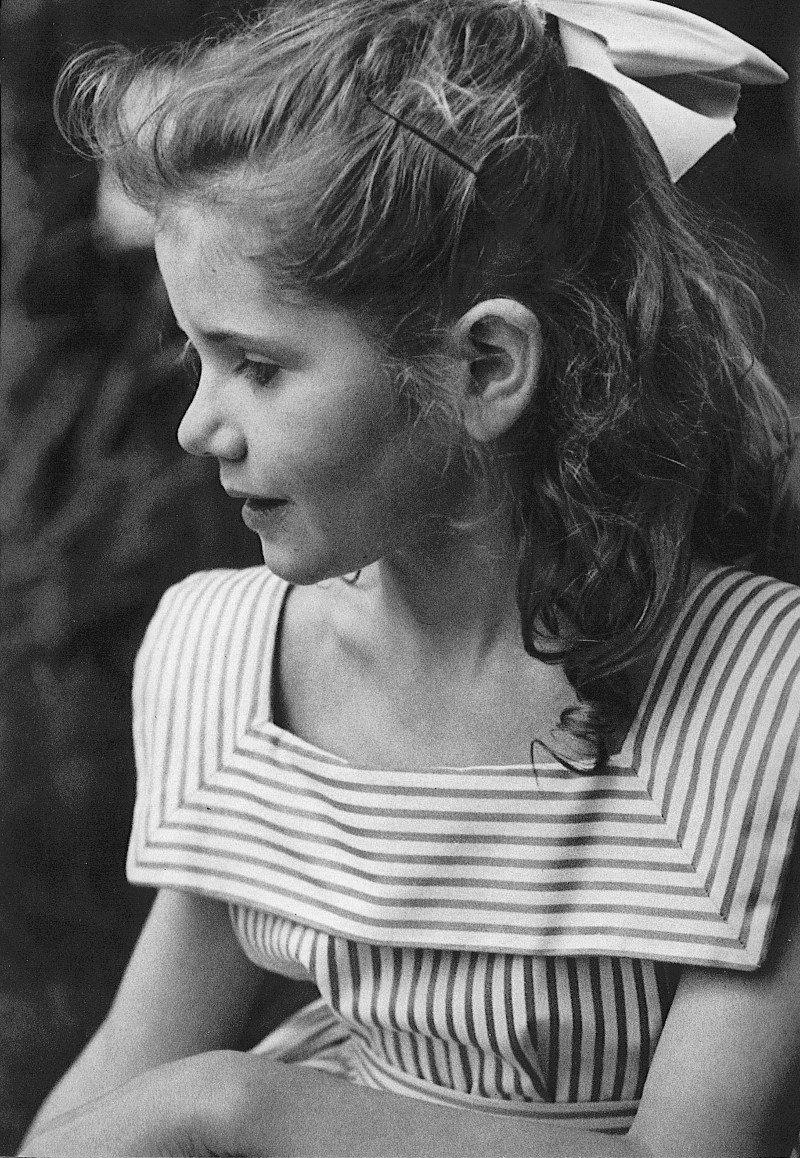
Contrairement aux autres poèmes du deuxième recueil de Minou, Le Pêcheur de lune, celui-ci n’est pas dédié. On peut donc imaginer qu’il s’adresse à un amoureux secret. CONTINUE READING / CONTINUER LA LECTURE…

Contrairement aux autres poèmes du deuxième recueil de Minou, Le Pêcheur de lune, celui-ci n’est pas dédié. On peut donc imaginer qu’il s’adresse à un amoureux secret. CONTINUE READING / CONTINUER LA LECTURE…

The eighth poem of Rosa Mundi, and other love-songs tells us that the beauty, the kisses and caresses of the loved Italian girl will not last, in the same way as night must soon end with sunrise. There is no salvation in an afterlife, so we must enjoy the pleasures of earthly life without delay, thus live the bliss of the short love night. CONTINUE READING / CONTINUER LA LECTURE…
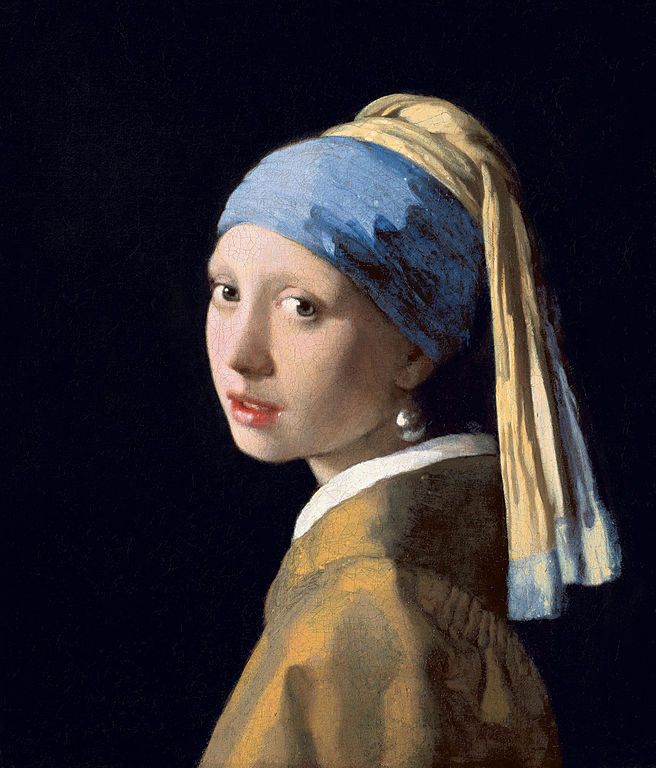
Adam Zagajewski (born in 1945) is a famous Polish poet, essayist, novelist and translator. In his youth, he became well-known as one of the leading poets of the “Generation of ’68” or “New Wave” writers in Poland, and throughout the 1970’s and early 1980’s he supported through his writings the opposition to the Polish regime. Later he took some distance from politics and his writings assumed an increasingly philosophical and existential nature. CONTINUE READING / CONTINUER LA LECTURE…

Dans un précédent article, j’ai décrit comment Minou Drouet fit la connaissance d’un garçon de quinze ans, Philippe, amoureux d’elle, qu’elle finit par aimer. Dans ce poème de son deuxième recueil, Le Pêcheur de lune, publié en 1959, elle parle de la relation tendre qu’elle noua à huit ans avec un garçon de douze ans, avec qui elle jouait sur la plage. CONTINUE READING / CONTINUER LA LECTURE…
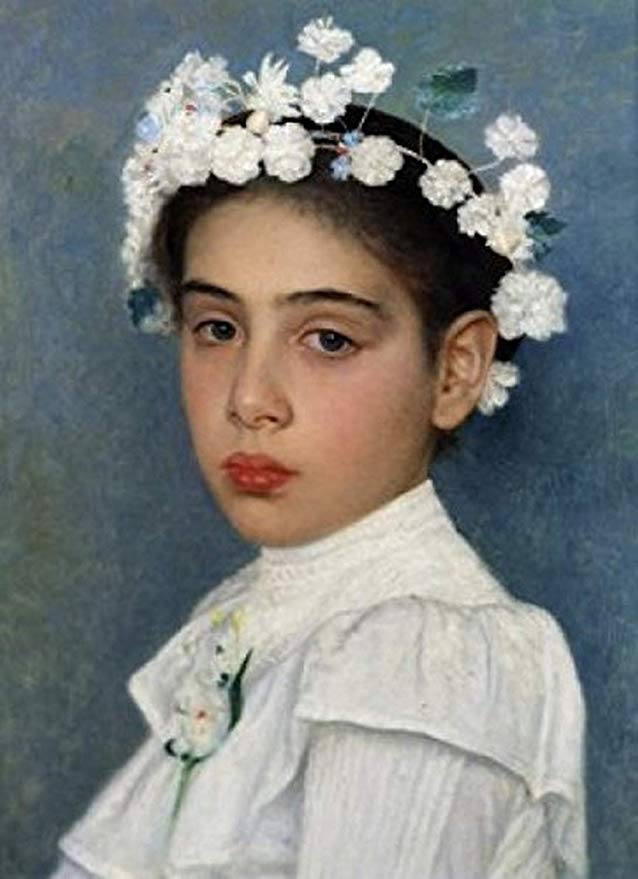
Voici un beau poème d’amour, imagé et sensuel, le trente-troisième de la collection Premiers Vers, rassemblant les œuvres d’adolescence et de jeunesse de l’écrivain. La beauté de l’aimée, ses yeux et ses baisers, sont la vraie divinité. CONTINUE READING / CONTINUER LA LECTURE…
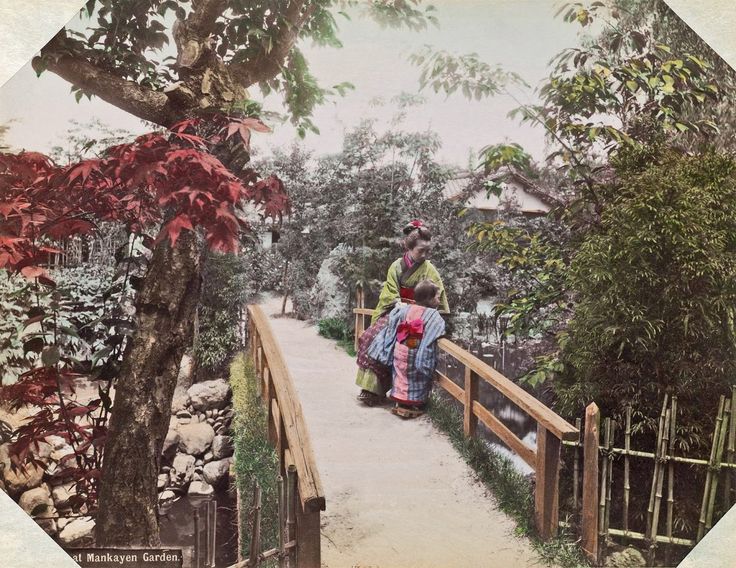
Under the title “Fantaisies Décoratives,” Oscar Wilde published in Lady’s Pictorial, Christmas Number 1887, two poems: “Le Panneau” and “Les Ballons.” In a letter to the illustrator John Bernard Partridge, postmarked September 24, 1887, he wrote that the poem “Le Panneau” is “a suggestion for a design for a Japanese panel” and that “the girl under the rose tree is Japanese.” CONTINUE READING / CONTINUER LA LECTURE…
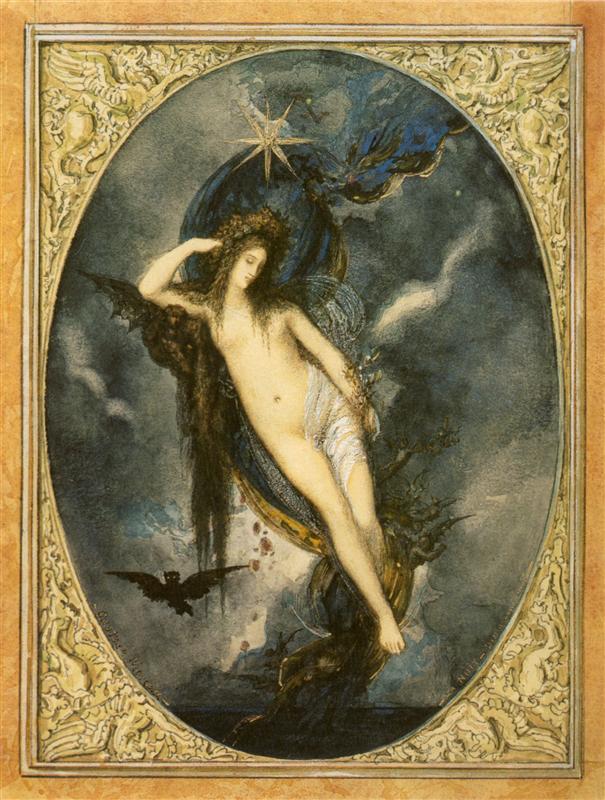
Poets and Lovers est né il y a un an. L’œuf pondu le 17 mars 2019 fut éclos trois jours plus tard. Le phénix fait maintenant entendre sa voix tous les trois jours, et voici son 157e chant. CONTINUE READING / CONTINUER LA LECTURE…

Possibly there are some readers who, every three days at 6 p.m. Paris time, visit this site in order to read a new post. Today they will find an unusual one, similar to another one that appeared exactly six months ago, as it is not devoted to presenting a writer or a poem.
Poets and Lovers is alive since one year. The database was created on March 17, 2019, then it got its domain name on the 20th. CONTINUE READING / CONTINUER LA LECTURE…
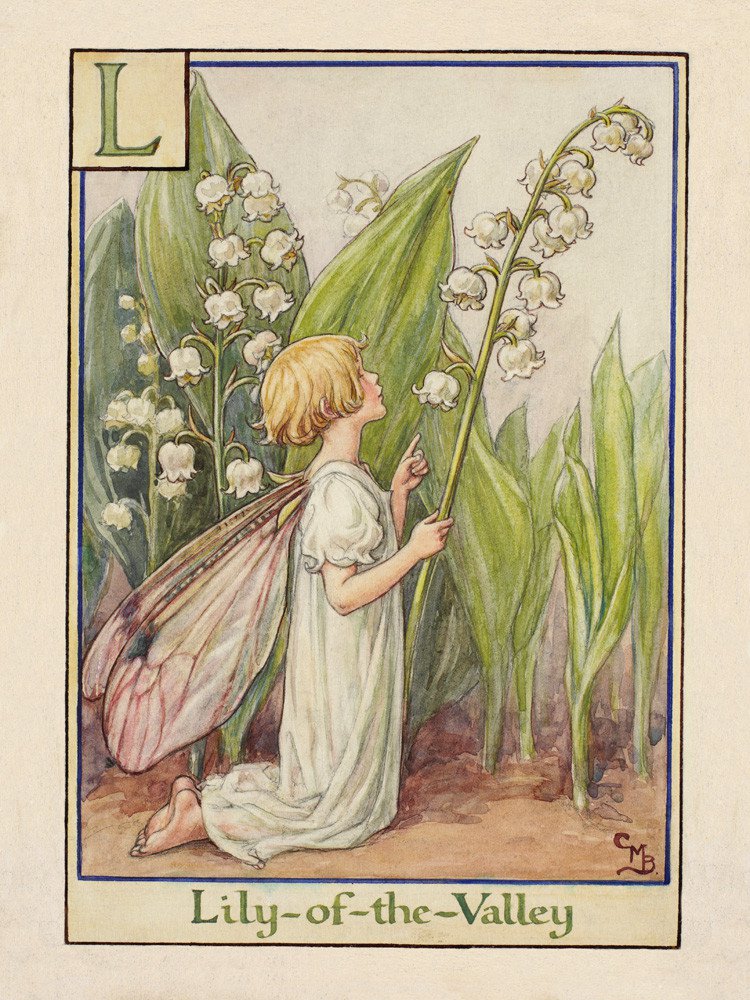
Of all poems in Rosa Mundi, and other love-songs, the most tender is the tenth. The poet compares the beloved girl with a flower fairy, whom he kisses and takes into his hands. CONTINUE READING / CONTINUER LA LECTURE…
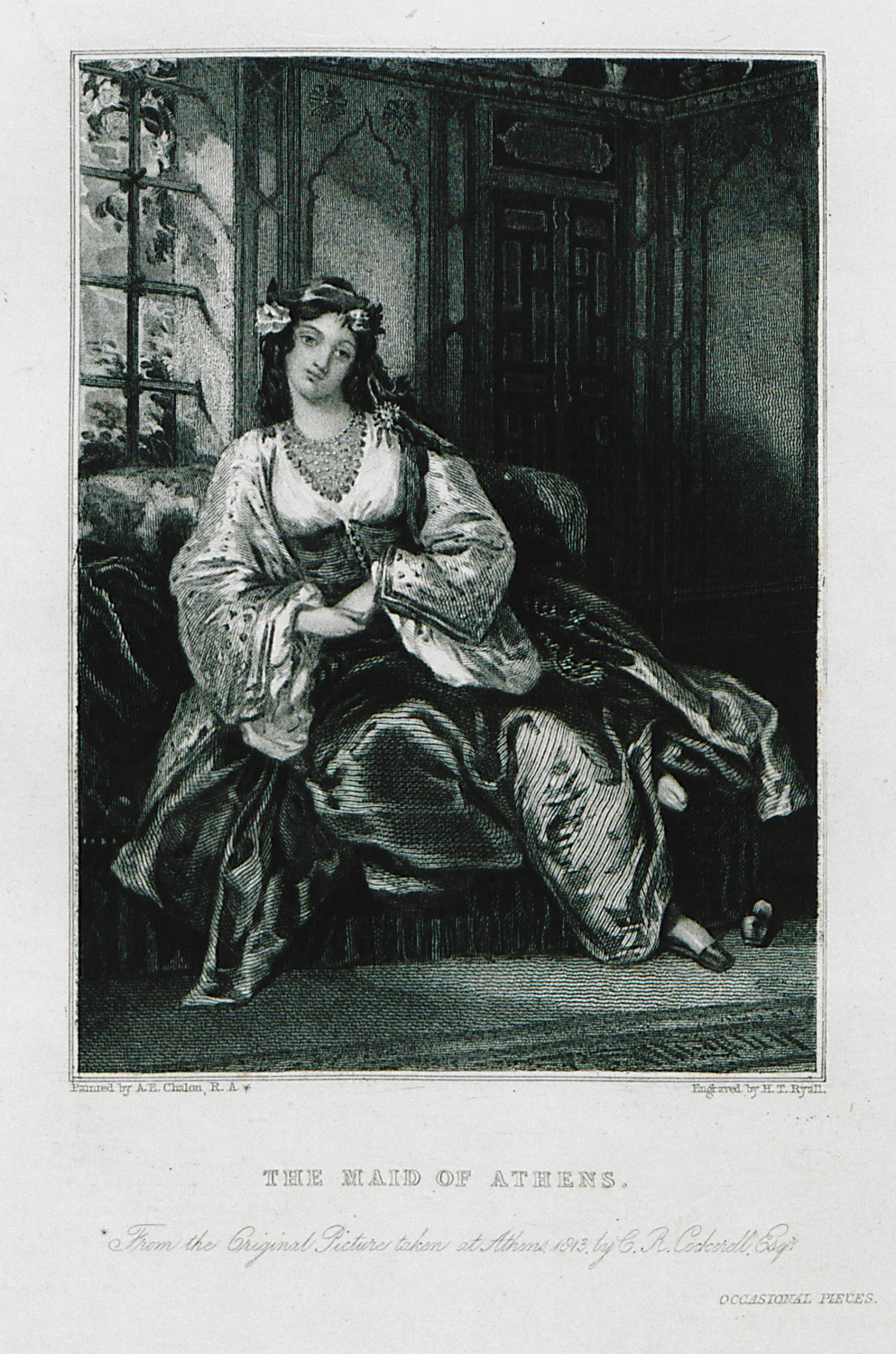
In 1809–10, the poet George Gordon Byron briefly resided in Athens. He fell in love with the 12 years old Teresa Makri (Τερέζα Μακρή), in whose mother’s house he lodged. In a letter to Henry Drury he said to be “dying for love of three Greek Girls at Athens,” “Teresa, Mariana, and Kattinka.” Before departing for Istanbul, he wrote for Teresa the poem “Maid of Athens, ere we part.” It was first published in Childe Harold in 1812. CONTINUE READING / CONTINUER LA LECTURE…